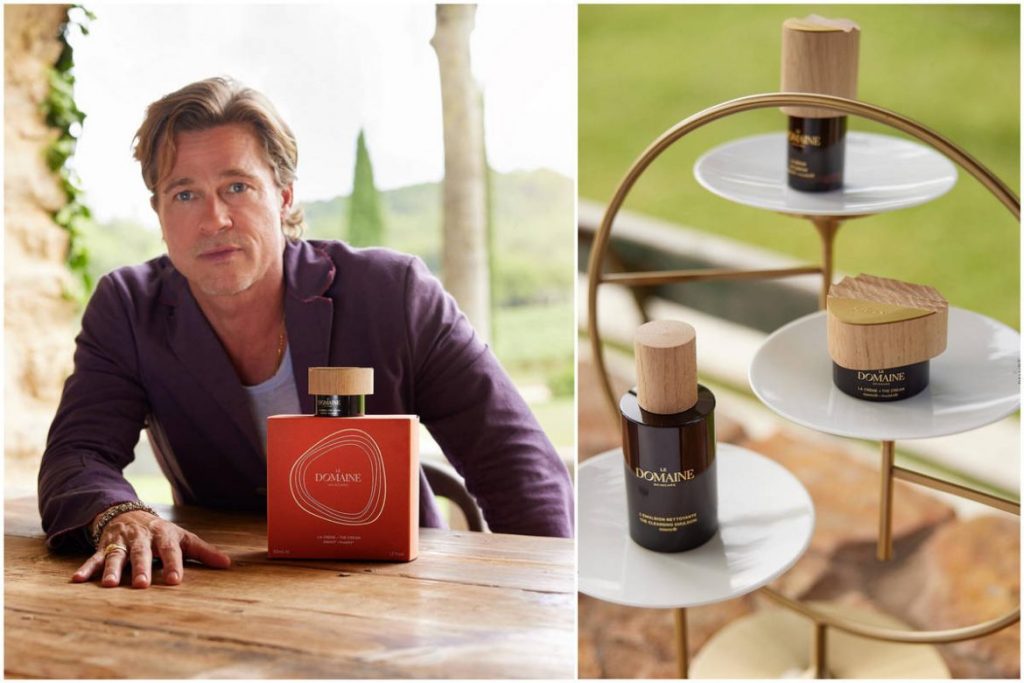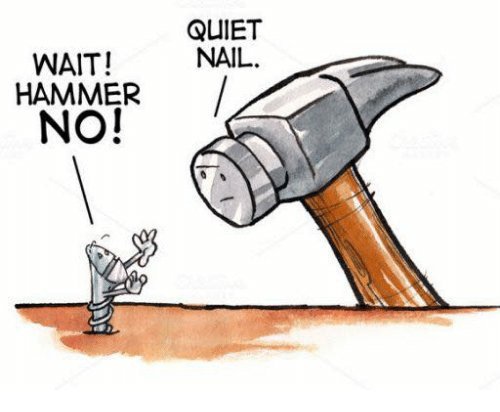To a Man with a Hammer Everything Looks Like a Nail
Berkshire Hathaway’s Charlie Munger uses this saying often in his book, Poor Charlie’s Almanack: The Essential Wit and Wisdom of Charles T. Munger (highly recommend). A saying that resonates profoundly with celebrity brands.
The saying suggests that if a person is familiar with a certain, single subject, or has with them a certain, single instrument, they may have a confirmation bias to believe that is the answer to everything.
Put more bluntly, single-minded people have the answer to everything, and it is often not the best solution.
Why this saying is so pertinent to celebrity brands (and a great deal other subjects) is due to the sheer complexity of creating a celebrity brand. It is not simply the case to state that if you have a celebrity with hundreds of millions of followers you will undoubtedly be able to make millions in sales.
This assumption misses several key inputs such as:
Macroeconomic Environment
Celebrity brands are often masstige brands, which means that the products market themselves with the perception of exclusivity and prestige, while still being affordable. Most GenZ consumers are drawn to masstige, which is why this is an obvious brand positioning choice. However, masstige only works for products that are replenished often as the product itself is typically of a lower quality (haircare, alcohol, petcare, etc).
Price point matters, especially when purchase power (or perceived purchase power) is reduced, such as the environment we are currently in. Which means you can still fail to create a viable business even if you have an A-lister like Brad Pitt if you are selling face cream for $320.

Audience
Having an engaged audience is important; however, if the audience is not the target demographic for the product in question, then it doesn’t add value.
Emily Ratajkowski has over 30m followers and based on her comments section, her male following base is 60%+ (I anticipate it’s as high as 80%). As such, this is not the best launch pad from which to launch a DTC swimwear line despite how good she looks walking around New York in a bikini.

Effort
Historically the issue with getting celebrity partnerships to work well has been getting the celebrity in question to put in the time necessary to really build a brand – to post, to share, to get involved. That sentiment is changing. More recently the fund team has been meeting celebrity founders who really want to put in the work and are very aware that there is a considerable level of effort required if it’s going to make money.
With that historical challenge shifting, the new issue that has arisen is how they are being managed and who is managing them. It’s one thing to want to do the work, but if you don’t know what work to do, then you might as well just go back to not being involved as it’s not going to move the needle.
One big selling point of Sandbox Studios with founders is the 20+ years of experience using celebrities in the right way to grow brands; however, most startup companies do not have this expertise and are not aware of how to track, manage, and leverage these unique assets.
Just having a celebrity willing to put in the work is not enough.

Product-Market Fit
This is a measure of how well a product meets the needs of a market. Far too often a product is created without any consideration for the audience, distribution, or price point. Sometimes celebrity brands are created because an operator knows someone (who knows someone famous), other times the celebrity’s agent helps create an operating team who can bring a celebrity’s vision to life.
Both are bad foundations.
Launching a consumer brand is hard. With almost 30,000 new products launched every year, 95% of them fail. Combine that with the fact that 92% of startups fold in their first three years and you start to appreciate that building a consumer brand is not as simple as Dollar Shave Club, Warby Parker, and Allbirds may lead you to believe. Of the celebrity brands Sandbox Studios reviews, an alarming 90% have not tested their product idea on a focus group prior to launching and so unsurprisingly are often introducing products without a real need for them.
The advice for founders and celebrities looking to launch brands is simple, stop assuming having a celebrity is enough. It is not, which is why so many fail.
And get some new tools for your toolbox.

